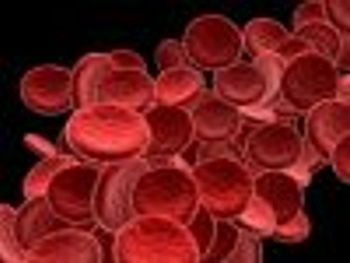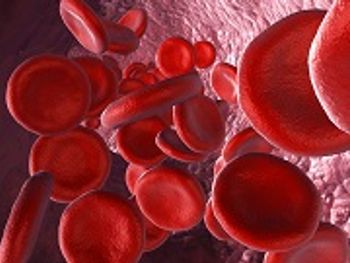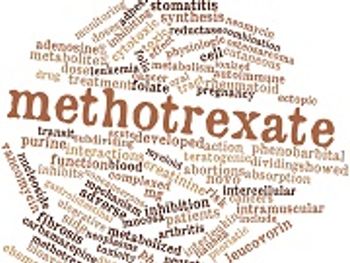
Genetics influence survival in patients with leukemia.

Genetics influence survival in patients with leukemia.

MCL-1 inhibitor drug class could potentially cure the bone marrow cancer.

Top news of the day from across the health care landscape.

Monoclonal antibody combination could offer less toxic acute lymphoblastic leukemia treatment.

Damage associated with leukemia occurs in regions where DNA is transcribed actively.

Patients who relapse following a stem cell transplant for leukemia, lymphoma, or multiple myeloma may benefit from ipilimumab.

Chimeric antigen receptor T cell therapy targets advanced forms of leukemia and lymphoma.

Multiple myeloma cells show greater ability to spread in obese and morbidly obese patients.

Next-generation sequencing technology sheds new light on childhood leukemia.

Uncialamycin may effectively treat various cancer types, including gastric, lung, and ovarian cancers.

Rapalink able to inhibit growth in drug-resistant tumors across different cancer types.

New drug class offers hope for lymphomas and leukemia.

Study suggests an approximately 2.5-year survival increase compared with placebo or no maintenance in patients with multiple myeloma.

Salicylic acid was able to suppress the p300 protein and stop leukemia progression.

Recent advances and updates in oncology and cancer drug development.

Older African American multiple myeloma patients have lower rates of access to autologous stem cell transplants and and novel combination therapies.

Elderly African American multiple myeloma patients had lower rates of access to autologous stem cell transplant.

Selinexor combined with liposomal doxorubicin and dexamethasone shows promise.

Patients administered high levels of methotrexate showed impaired cognitive function and altered brain anatomy.

Bortezomib and dexamethasone slowed disease progression in patients with recurrent or refractory multiple myeloma.

Ninety-three percent of B-cell acute lymphoblastic leukemia patients treated went into remission in small study.

Patients with multiple myeloma receiving ASCT showed a 10% increase in tumor cell reduction.

Genetic variation can cause severe acute pancreatitis from chemotherapy in patients with acute lymphoblastic leukemia (ALL).

Treatment of elderly patients with multiple myeloma creates unique hurdles for care providers.

Ibrutinib evaluated in the treatment of chronic lymphocytic leukemia, Waldenström macroglobulinaemia, and mantle cell lymphoma.